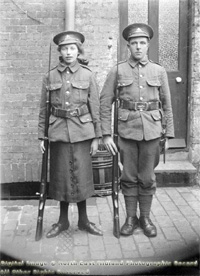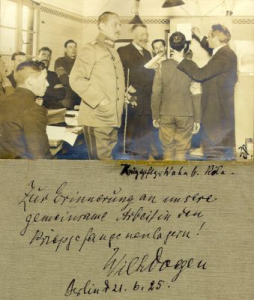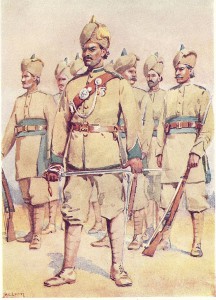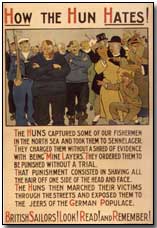Always wanted to investigate your family’s past? This weekend might be your chance to start…
One of the most desirable outcomes of the centenary period is that people will take the time to find out more about how the war affected their family, their community and the country as whole. A particularly affecting method for doing this is to trace the records of your ancestors using genealogical tools.
Genealogy was once considered a difficult or even impossible task, requiring intrepid hunters to spend hours in dusty archives on often fruitless searches. Recent years have seen a revolution in the hobby and, with the advent of online resources, it has become easier than ever to trace your personal heritage. If you have never attempted this sort of detective work yourself, this Remembrance weekend may be the perfect chance to start.
Find My Past is one of the country’s most popular genealogy resources that provides access to 1.6 billion searchable records. A paid membership is usually required to access this material but this weekend you can do so for free.
From midday, Friday to midday on Monday, Find My Past are giving everyone the opportunity to explore record sets that include:
- Millions of birth, marriage and death records

Many First World War images and documents can be found online - Millions of census records from all over the world
- International travel and migration records
- Military records, including WW1 collections
By accessing the Findmypast record sets, you’ll be able to unlock brand new information about your ancestors, allowing you to bring your past to life.
Find out more and register by visiting the Find My Past website.


